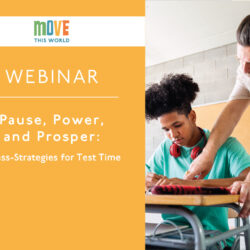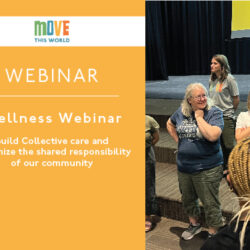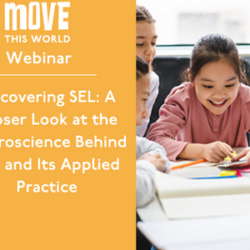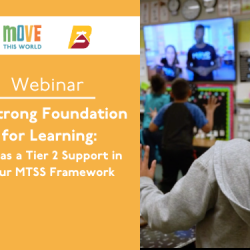As COVID-19 spreads and communities practice social distancing, we’re spending a lot more time at home and navigating new, unprecedented challenges. We’ve been asking educators how they and their students are feeling right now – and there are a lot of emotions.
There are several factors that may be causing stress, anxiety, and fear, but those aren’t the only emotions that students are experiencing as we stay home to prevent the spread of coronavirus. It’s important that we tune into our own emotions in order to help students process their feelings right now.
In this webinar, we discussed some of the varied emotions that students may be feeling and share research and insights from psychologists and other health professionals about supporting yourself and others during this time.
Enter your information below to receive the webinar recording, slide deck and other resources.
This webinar filled up quickly, and one of the most common challenges that attendees expressed is the challenge to find the time for self care. You are supporting students and teaching in a completely new format, while many of you are supporting your own kids at home! It’s no surprise that the first thing to go out the window is your own self care.
But those students relying on you, and your own kids especially, need you at your best. Sacrificing a bit of prep or time for them to take care of yourself – even just 10 minutes each day – will make a big impact. You’ll be able to provide more, nurture more, and support them more if you are taken care of. Like an oxygen mask on an airplane, you must make sure yours is on first each day before tending to your children and your students. This could look like 10 minutes of journaling or meditation each morning, an extra long hot shower after the kids go to bed, or even drinking a few extra glasses of water each day to stay hydrated. How can you dedicate 10 minutes to care for yourself each day? It might not be enough right now, but it’s the small things you can do to fill your cup that make a big difference over time.
As we mentioned during the webinar, you are not alone! To stay updated with resources to facilitate SEL at home, subscribe to our newsletter.










